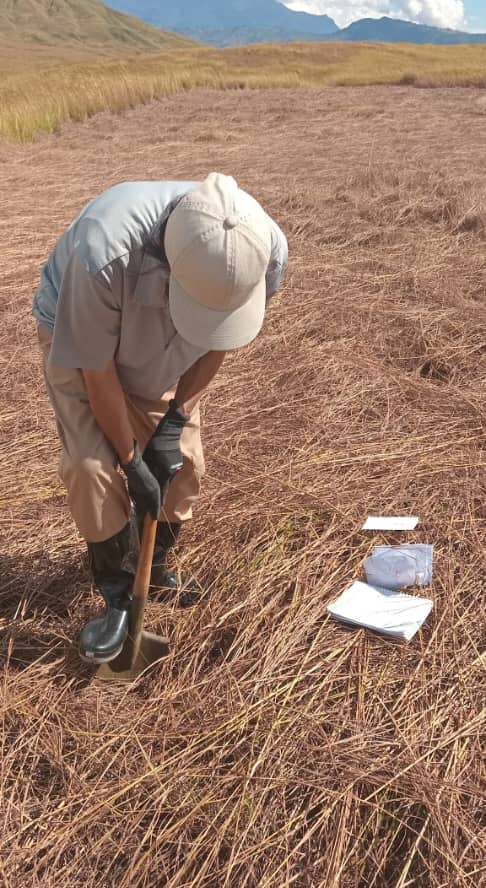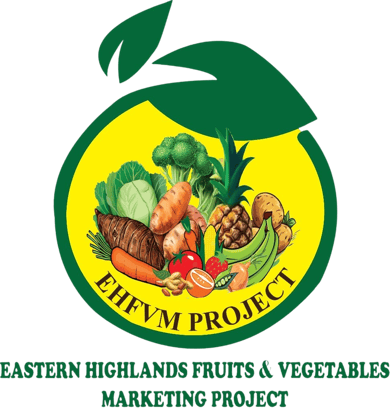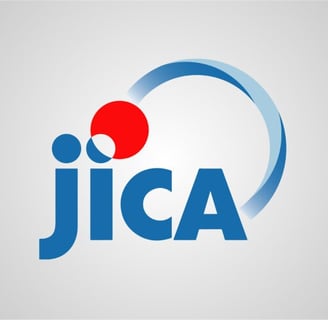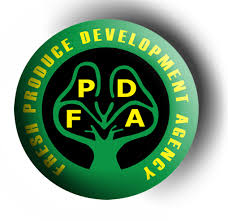Empowering Smallholder Agriculture through Agribusiness Value Chains: The Impact of JICA Volunteer Mr. Masaru in Eastern Highlands Province
Blog post description.
7/22/20252 min read
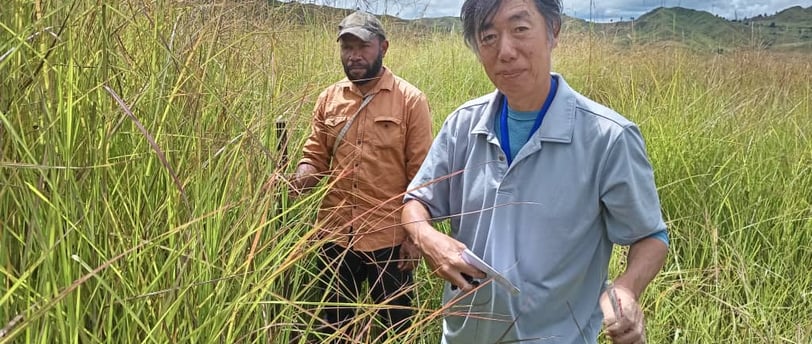

In the heart of Papua New Guinea’s Eastern Highlands Province, where rich volcanic soils and a temperate climate offer ideal conditions for horticulture, a quiet revolution is taking place in smallholder agriculture—led in part by the expertise and dedication of JICA volunteer Mr. Masaru. A seasoned specialist in Vegetable Production and Agribusiness, Mr. Masaru brings with him decades of technical knowledge and hands-on experience in developing resilient fresh fruit and vegetable value chains. His work is transforming how smallholder farmers grow, market, and profit from their produce.
Mr. Masaru’s approach is grounded in the principle that smallholder farmers are not merely producers—they are entrepreneurs within a broader agribusiness ecosystem. By improving production practices, introducing climate-resilient varieties, and promoting good agricultural practices (GAP), he helps farmers increase yields and ensure consistent quality—key to accessing reliable markets. More than just technical improvements, his interventions are deeply market-oriented. He works closely with farmers to understand consumer demand, improve post-harvest handling, and strengthen linkages with buyers, aggregators, and local markets.
In a region where market access and cold-chain infrastructure remain limited, Mr. Masaru plays a pivotal role in building upstream and downstream capacities. He supports farmer groups and cooperatives in organizing production schedules, adopting collective marketing, and integrating into value chains that extend beyond the village to district and provincial trading centers. His knowledge of agribusiness models and supply chain development has opened new opportunities for youth and women in agriculture, allowing more inclusive participation in the fresh produce economy.
Mr. Masaru’s volunteer work under the Japan International Cooperation Agency (JICA) reflects the power of international cooperation in strengthening rural livelihoods. Through training programs, demonstration plots, and practical mentorship, he leaves behind not only improved techniques but a growing confidence among farmers to think beyond subsistence. His contributions are helping lay the groundwork for a more connected, sustainable, and profitable horticulture sector in Eastern Highlands Province—one that values every link in the chain, from seed to market.
In a time when food security and rural incomes are pressing national concerns, the work of professionals like Mr. Masaru is a vital bridge—linking grassroots potential with global knowledge to unlock long-term transformation in Papua New Guinea’s agricultural landscape.
